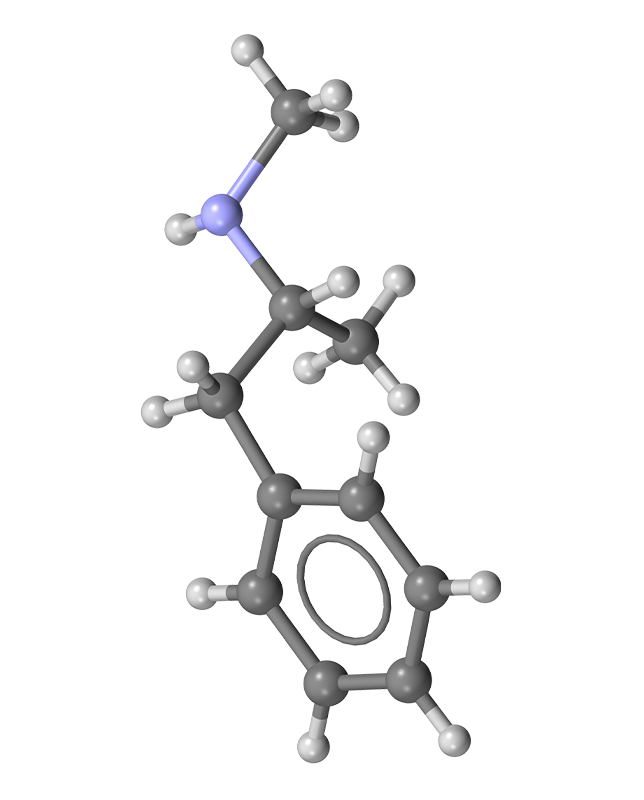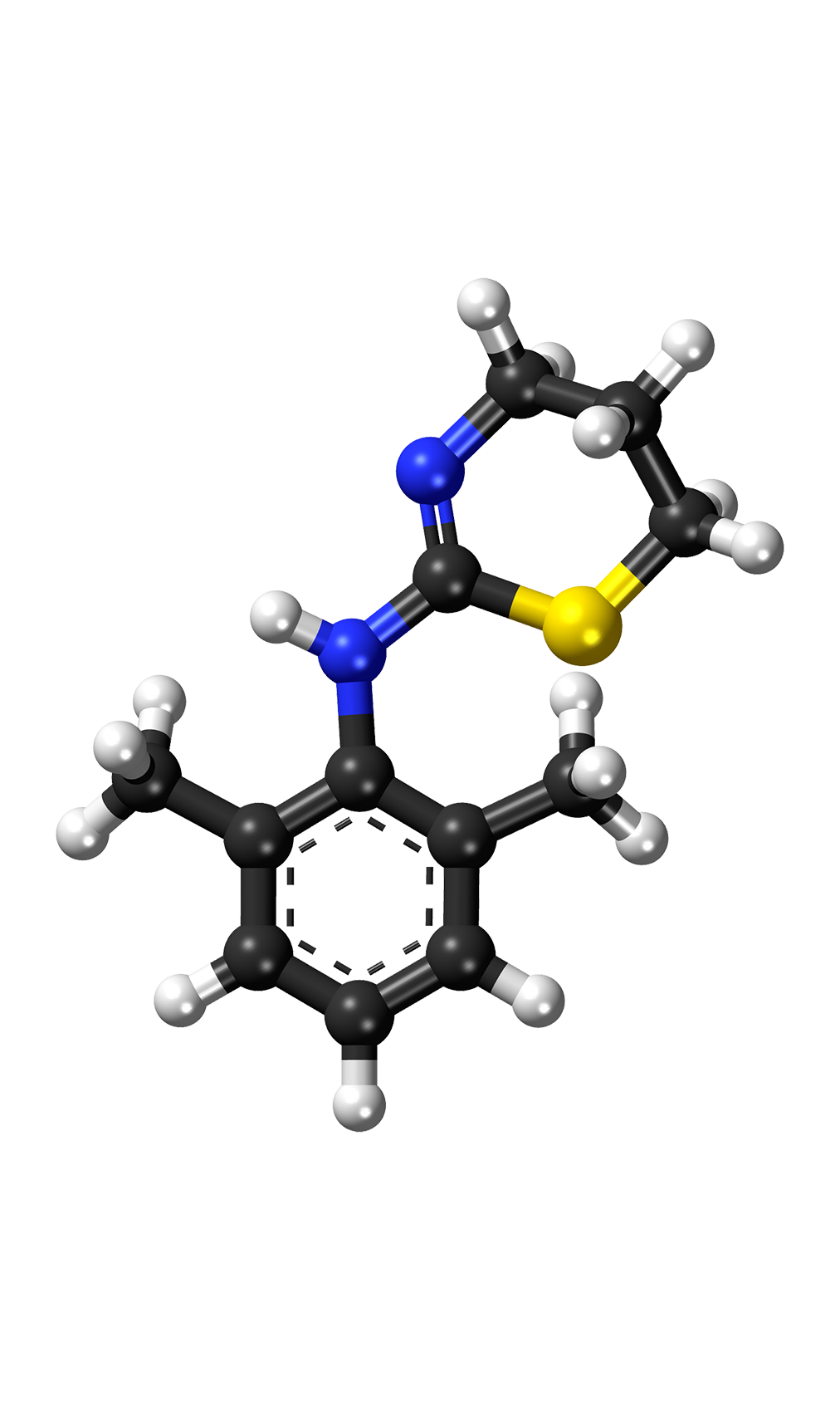
What is methamphetamine (meth), and what are the effects of methamphetamine on the body?
Methamphetamine is a stimulant that affects the central nervous system. It is also known as meth, crystal meth, crystal, tina, or crank. It produces feelings of euphoria, increased energy, reduces appetite, and improves focus.
Methamphetamine is normally in the form of a white powder that has no smell and tastes bitter. It can also appear in a semi-transparent crystallized form or in pill form. Methamphetamine can be consumed in several ways. It can be injected, smoked, snorted, swallowed, or taken rectally (known as “boofing” or “booty bumping”).
Methamphetamine is similar to amphetamine, but it has longer-lasting and more potent effects. This is because methamphetamine passes through the blood-brain barrier more quickly than amphetamines.
Methamphetamine can have several short- and long-term effects on the brain and body if regularly consumed in high doses. Methamphetamine can raise blood pressure, heart rate, and body temperature. It can also reduce appetite and lead to weight loss. It can make it difficult to sleep. Long-term methamphetamine use can cause damage to the liver, kidneys, and heart. In some cases, people experience psychological effects like hallucinations, anxiety, depression, or paranoia.
Taking a high dose of methamphetamine can lead to a stimulant overdose, also commonly known as overamping. This term can be used to describe several effects, including high blood pressure, increased heart rate, high body temperature, seizures, stroke, or heart attack. This can be damaging to the heart, brain, and other organs. It can be fatal. There is no overdose reversal medication for stimulants.
Methamphetamine and pregnancy
Methamphetamine use during pregnancy is rare. It is difficult to pinpoint the specific health effects of methamphetamine use on newborns for several reasons. One is because many people who use methamphetamine do not receive early or adequate prenatal care. Some are reluctant to seek prenatal care due to drug stigma in the healthcare system. Some may avoid prenatal care due to fear of punishment for illegal drug use during pregnancy. As a result, newborns may have health issues that prenatal care could have prevented. The effects of methamphetamine use may be hard to distinguish from poverty, poor nutrition, and a lack of resources. In addition, high rates of cigarette smoking among pregnant people who use methamphetamine can make it difficult to isolate methamphetamine effects.


